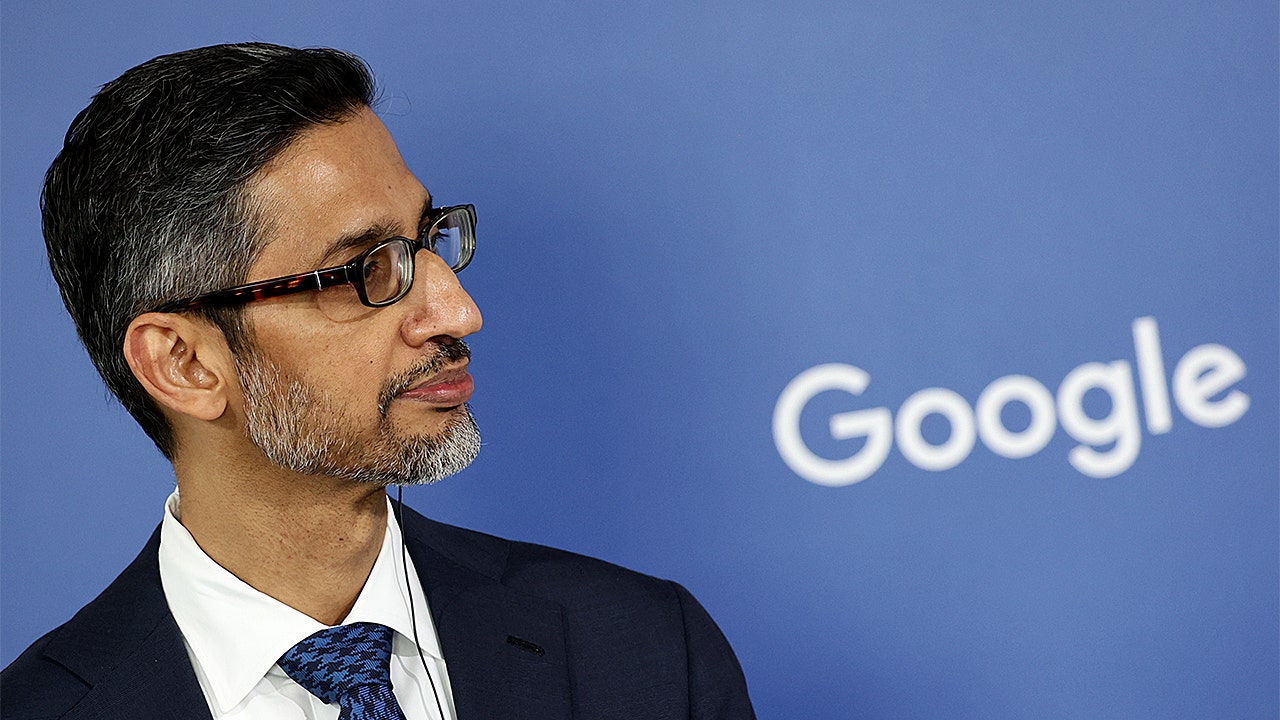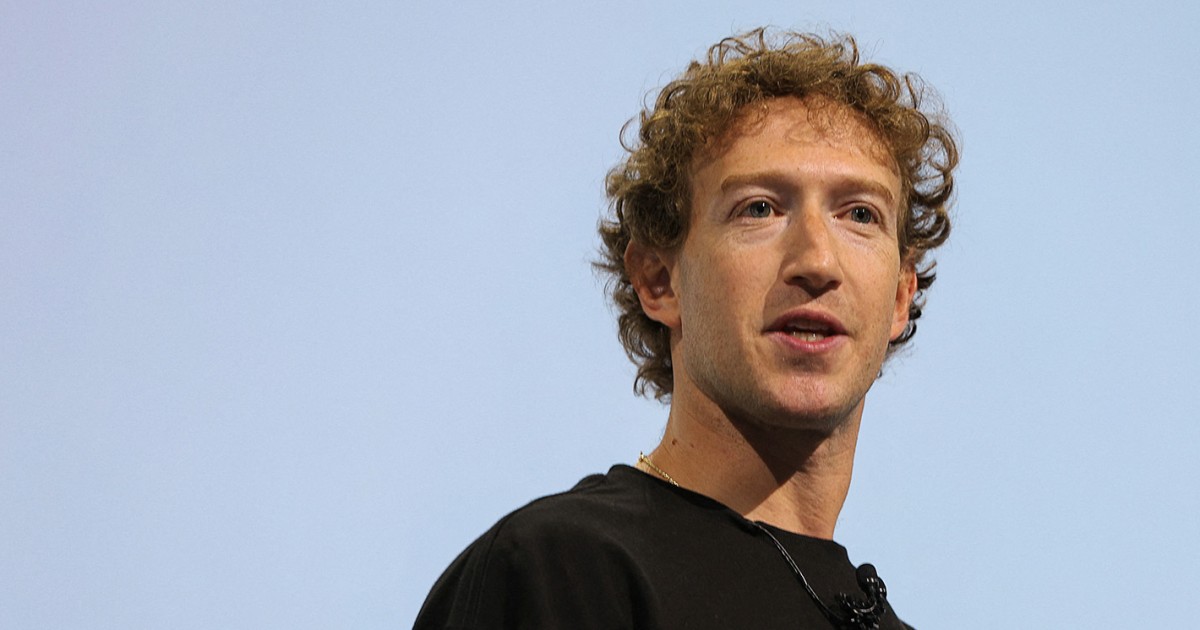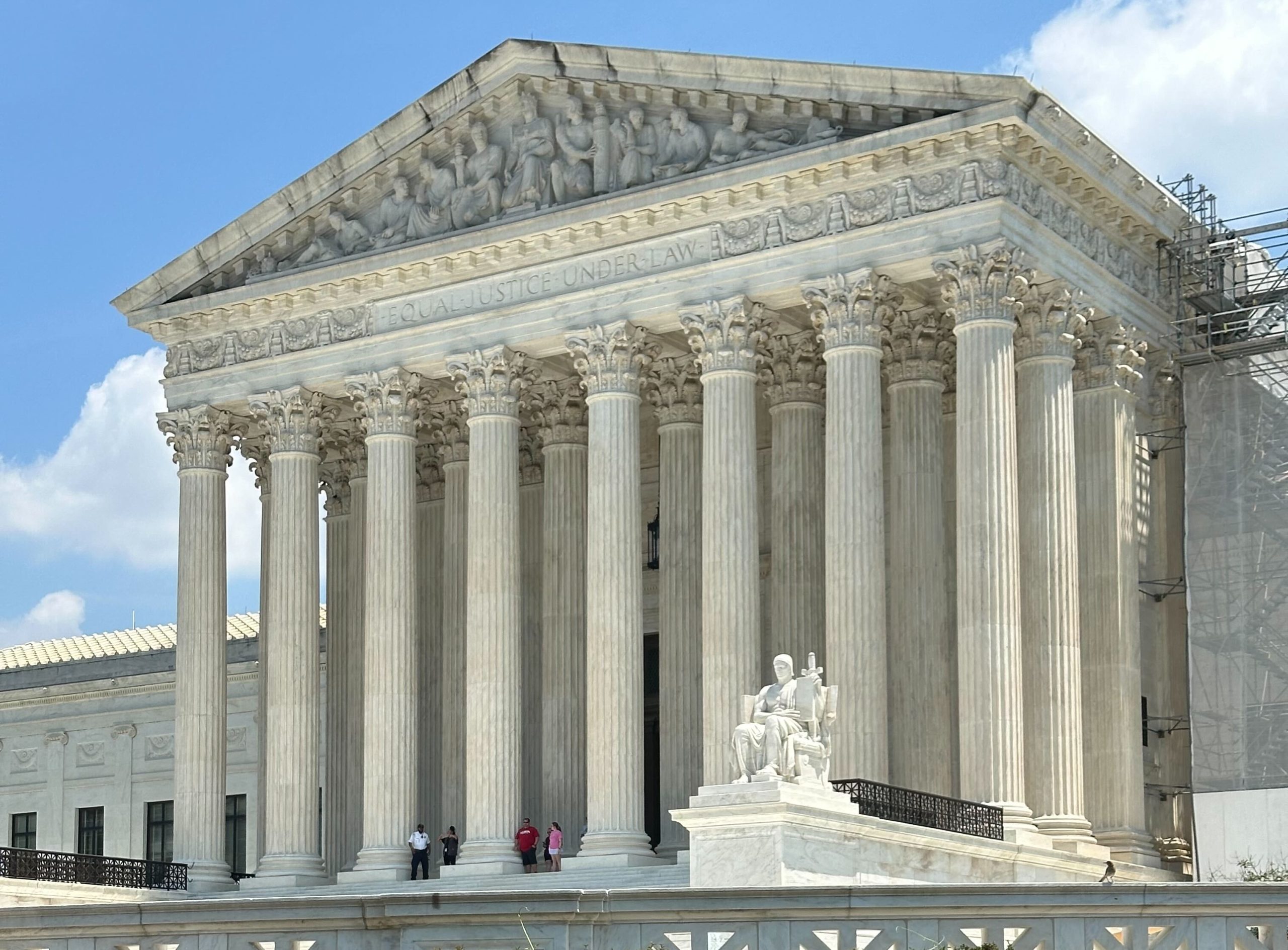to the MAGAt run committee because he feared likely retribution from Traitor Trump, who has a long history holding grudges and pursuing revenge for any perceived grievances against others, should the orange ass wipe get back into the White House.
A better source for the truth of the case;
The Supreme Court on Wednesday threw out a lawsuit seeking to limit the government’s ability to communicate with social media companies about their content moderation policies. By a vote of 6-3, the court ruled that that the plaintiffs did not have a legal right, known as standing, to bring their lawsuit.
Writing for the majority, Justice Amy Coney Barrett cited the
lack of any “concrete link” between the restrictions that the plaintiffs complained of and the conduct of government officials – and in any event, she concluded, a court order blocking communication between government officials and social media companies likely would not have any effect on decision-making by those platforms, which can continue to enforce their policies.
The plaintiffs’ main argument for standing, Barrett observed, is that government officials were responsible for restrictions placed on them by social media platforms in the past, and that the platforms will continue – under pressure from government officials – to censor their speech in the future.
The plaintiffs’ main argument for standing, Barrett observed, is that government officials were responsible for restrictions placed on them by social media platforms in the past, and that the platforms will continue – under pressure from government officials – to censor their speech in the future.
The court of appeals, Barrett noted, “approached standing at a high level of generality” in reaching the conclusion that the plaintiffs had established a sufficient link between the officials’ conduct and the plaintiffs’ injuries. According to the court of appeals, she explained, social-media platforms deplatformed or downgraded the plaintiffs’ posts to avoid retribution from the government if they refused to comply with the government’s wishes. But
that is an “overly broad assertion,” Barrett countered, because –
even if government officials sometimes influenced content-moderation decisions – “the platforms moderated similar content long before any of the Government defendants engaged in the challenged conduct.”
Turning to the plaintiffs’ allegations at a more granular level, Barrett explained that most of those claims generally did not create the kind of connection needed to establish standing. The strongest showing, she continued, came from Jill Hines, a health-care activist who is the co-director of a group that advocated against COVID-19 vaccine mandates and mask mandates. Although Facebook took various actions with regard to social media posts by Hines and her group, including restricting her account after she posted an article about increased rates of myocarditis in teenagers who received the COVID-19 vaccine, Barrett acknowledged, “Facebook was targeting her pages
before almost all of its communications with the White House and the CDC, which weakens the inference that her subsequent restrictions are likely traceable to ‘government-coerced enforcement’ of Facebook’s policies.”





